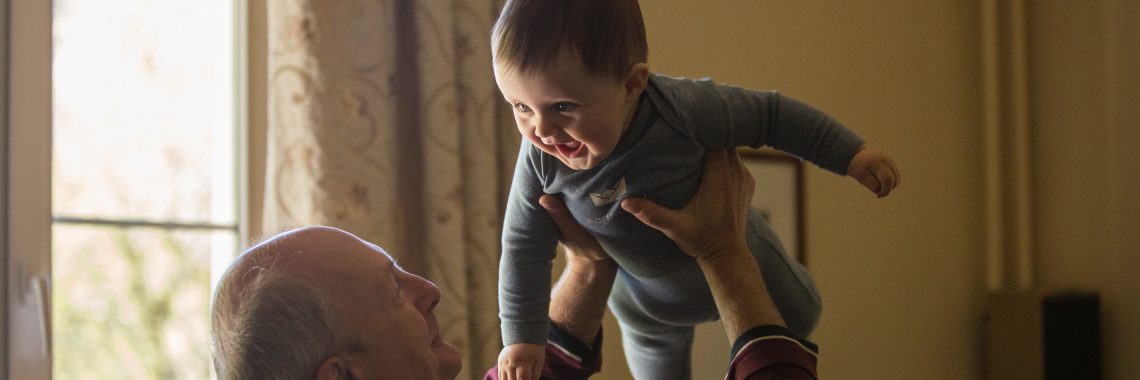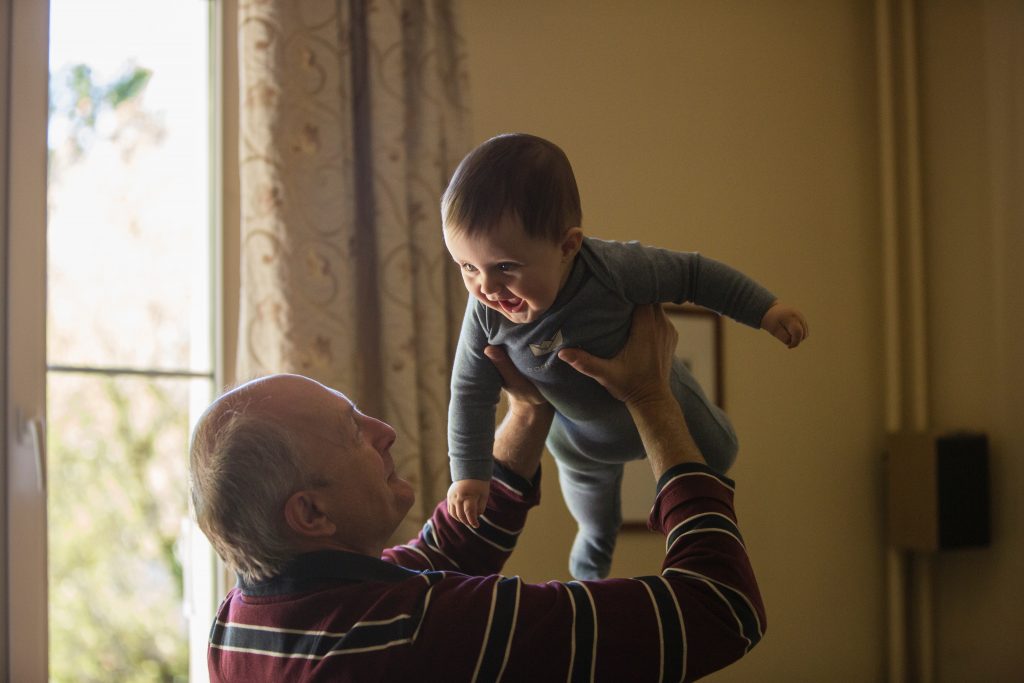Voluntary Sterilization on the Rise Post-Dobbs: Guest Column

Last month, medical researchers published a paper analyzing data on “permanent contraceptive procedures” among 18- to 30-year-olds. Since the overturning of Roe v. Wade in the landmark Dobbs case, the number of both men and women aged 18 to 30 who pursue sterilization—of their own accord, for no medically necessary reason—is on the rise. And more women are pursuing these procedures than men. In the month immediately following the Dobbs decision, the number of young women who got tubal ligations jumped by over 20%. Since then, the number of additional women getting tubal ligations each month has almost doubled.
And yet, “sterilization regret” is also on the rise. According to one study, women who undergo tubal ligations before age 30 are eight times more likely to undergo a reversal or pursue in vitro fertilization.
The legacy of Roe v. Wade was to reduce sex to entertainment and see kids as a burden. To build a better future after Roe, we must help the next generation discover the beauty of life.
Copyright 2024 by the Colson Center for Christian Worldview. Reprinted from BreakPoint.org with permission.





